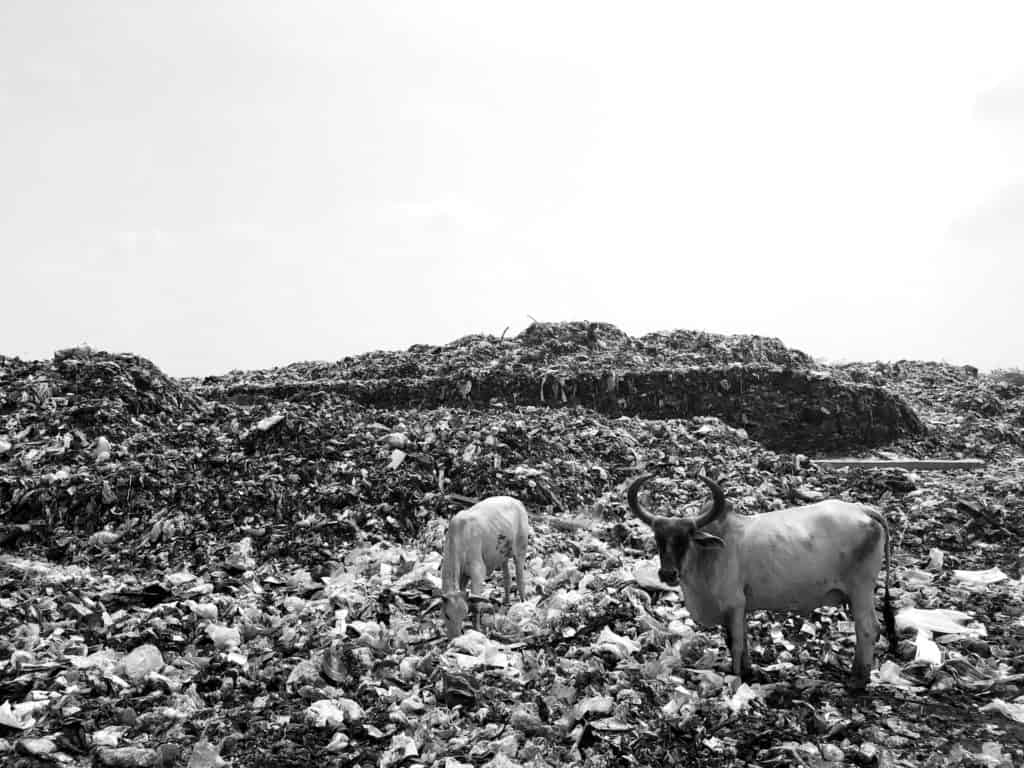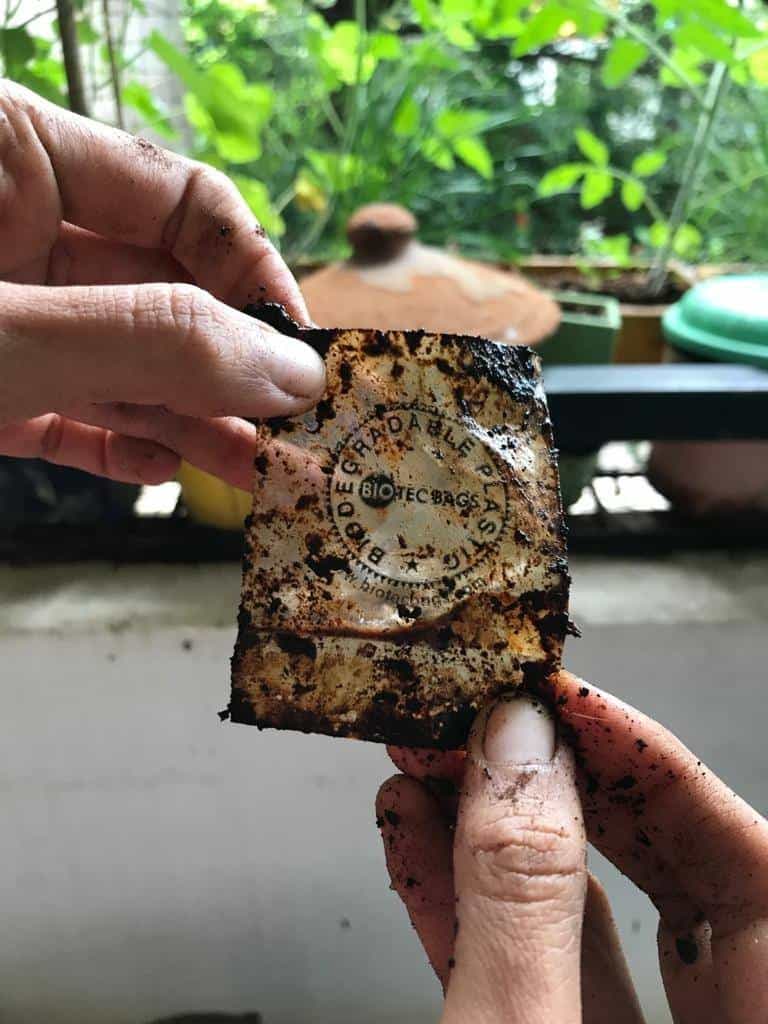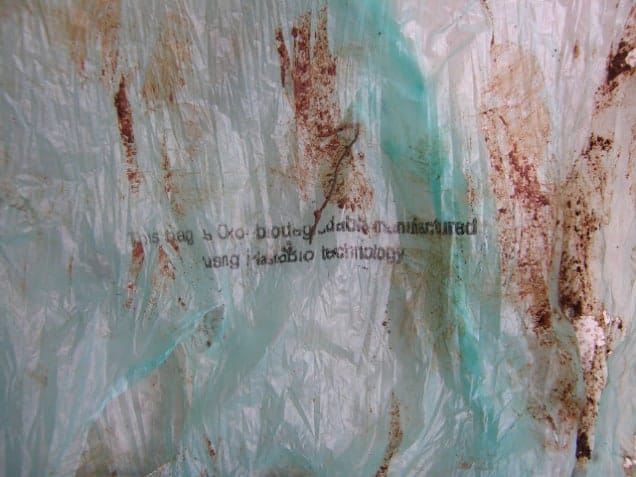We are slaves of habit. We find comfort in predictability because that gives us a sense of assurance. A schedule that goes like clockwork is actually very comforting. That’s the beauty and the bane of it.
Before mid-March 2020, my husband and I kept to a schedule that we’d been following for the last 18 years. And then, Covid arrived in all our lives!
With lockdown and 100% work-from-home, the schedule was suddenly gone. Our lives got filled with a long unending list of chores, to be done along with our office work. Things that our maid and cook efficiently managed all these years, were all ours. I recall, for the last 2-3 years, the cook would let me know the grocery list. She would just peer into the fridge and decide the daily menu on my behalf. And here I was now, refilling grocery, planning the daily menu and cooking after ages. Just like that, life changed.
As we distributed chores and created a revised schedule (the husband managed the cleaning, chopping of all veggies and I cooked), for the first time, we really noticed the actual kitchen waste that our household generated. Every morning when the bell rang, we handed over the black plastic garbage bag, with our wet waste. It would be barely filled to one-third, but by habit, was handed it over for disposal. As the housekeeping person moved from one flat to another, his pile of garbage bags would grow. With Covid restrictions, the apartment was short of manpower, forcing the in-house composting to stop. So every day, our garbage bags would get piled onto the hundreds of kilos of wet waste that was already in the garbage truck, and disappear from our gates. At the back of our minds, we knew that this would travel miles before getting dumped onto one of those landfill mountains dotting the city’s outskirts. Out of sight, out of mind.

In fairy tales, there are faraway lands, with sprawling meadows where flowers bloom, butterflies flit around daintily in the air while beautiful and cute looking cattle graze upon tender grass. In our urban kingdoms, closer to reality, our cities are dotted with gigantic landfills, filled with all things rotten and battered, billowing out toxic smoke plumes into the air, leaching out dangerous potions into the ground, effectively contaminating everything around them.
This very imagery helped me decide to cut back on my plastic consumption. As a single household, I wanted to make a difference, no matter how small. To start with, I decided I would stop using plastic garbage bags/liners. Also, I decided to try to reduce my plastic consumption by reusing the plastic I already had, and avoiding the plastic that was replaceable by other materials.
Coming back to my bin, discontinuing the use of the garbage bag posed a number of challenges. Initially I was afraid I may revert to the comfort of my old habits. It’s just as well that I figured that every challenge has a solution, as long as I was clear on the end objective. I am sharing here some of the challenges/questions that were on my mind. They probably plague your mind as well.
Everyone uses garbage bags, so what’s the big deal?
– Every household, on an average uses two bags/liners a day, one for dry waste and one for wet waste. For a housing society like ours, with over 700 households, if I assume that every alternate day people drop their dry waste and the wet waste bag goes out every day, that’s a massive 31,500 plastic liners in a month. If I were to count numbers for the township where I live, with around 10,000 households, that’s about 4,50,000 plastic bin liners, every single month! I’m not even getting to the statistics of a year or of the entire city. The numbers I’ve shared are for a single month. That’s the garbage that we can keep away from the landfills if we invest just 5 minutes in a single day. That’s the least we can do to keep our planet clean. Not too much of an ask, is it?
Wet waste is messy and yucky so how can I put it directly in my bin?
– Often how something looks, defines our perceptions about it, though it may be quite different in reality. The moment we drop the vegetable peels or left-over food into the bin, the idea of ‘unwanted’ and ‘waste’ gets equated to ‘bad’, ‘harmful’, ‘dirty’, and more recently, ‘bacteria’, ‘infection’. This is not a fact, but this is the way we think. We forget that it is our own discarded food and peels of freshly chopped vegetables. Rotting starts much later. And there is no chance of COVID19 unless we’ve brought it into our homes ourselves. These are facts.
Who will clean the bin now that my maid is not around?
– I would request you to consider a simple question – Why does it make it more acceptable when someone else cleans our trash? Let’s respect people, let’s respect every job every individual does and let’s extend our idea of equality into our everyday living. Easier said, but trust me, it’s also simple to practice. I’m sure the pandemic has taught us several lessons and learning to manage ourselves without support is a big lesson in appreciating how help is easily available in our part of the world. Let’s respect and support our household help, our housekeeping teams and give them the dignity they so rightfully deserve. We could start with washing our own bins, considering it houses our own food waste! The least we can do is give those handling our waste, a clean bin to touch.
Cleaning a bin is time consuming so how I can I do it?
– If I counted from the moment the doorbell rings to the moment I move to pick up the bin, hand it over to housekeeping and get back to rinse the bin, with just water (no soap water), it takes less than five minutes. You can choose to wipe the bin dry with a rag, kept handy nearby, or leave it to dry on its own. And the bin is clean and ready for use again.
Can’t I place a newspaper at the bottom, it seems a good alternative?
– This ended up totally messy, both for the housekeeping person and me. Newspapers used as bin liners are too dirty to be recycled as ‘newspaper’. We think they can be composted, but no composting system accepts them. Housekeeping staff and sanitary workers expose themselves to our garbage, having to manually segregate it from the sheets of newspaper. They eventually end up in reject waste, in the landfills. All this for the convenience of washing the bin less often.
Compostable/biodegradable/bioplastic bags are a great innovation, so why not use them?
– There are many terms used for them and they all sound like they’re the answer to saving the planet, but they’re not.
Almost everything on earth is biodegradable but the time taken by each thing varies depending on its molecular structure. The compostable bags being actively marketed are industrially compostable – they decompose under certain controlled conditions. Landfills or compost heaps do not provide the temperatures they need to break down. When they do breakdown, majority of them leave behind micro/nano plastics that get into the soil, water and the food chain.
Some compostable/biodegradable bags are made of plant material such as corn starch. They are often labelled “I am not a plastic bag” and are referred to as bioplastics. They are better for the environment than those derived from fossil fuels, but they have their own problems. They too cannot be composted in the normal course and need a proper disposal system. If mixed with plastic bags, they spoil whatever plastic recycling efforts are in place. And the thought of using food that can be eaten, to make disposal bags for our convenience is not very appealing.
In effect, these alternatives all pose the same problems as plastic bags – blocking drains, causing floods, choking animals and littering our neighbourhoods, at an increased cost. Those interested may read enlightening articles here and here.


If I don’t use liners, how can handling and disposing of waste be made easier and less messy?
– On my kitchen counter, next to the scouring cake and liquid, there’s a strainer atop a broad vessel. Through the morning, as food preparation gets underway, every bit of kitchen waste is thrown into this strainer. This helps keeping the sink clean and drains away a lot of mushy liquid. The solid portion is what we throw.
Is it possible to eliminate the entire drama of plastic garbage bags/ liners?
– It wasn’t long before we decided that we should actually start composting our own home waste considering it was a simple task. When we started in April, there were slight doubts on the practicality of this, considering we have limited space in our home and Mumbai monsoons are totally wet and wild! However, as I write this in October, I’m happy to say that we’ve managed this process without any hassle whatsoever, with minimal effort every single day (habits once formed are usually repetitive and don’t take much additional effort). Since the last 6+ months, the doorbell doesn’t ring, because the housekeeping staff knows that we do not have wet waste to give away! To know more about home composting food waste, you can read our earlier article here. As always, we are happy to assist anyone who wishes to get started.
I am not against plastic at all and completely acknowledge the relevance of plastic in our lives today. I am all for convenience, but at the same time, it’s very important to choose what we really need, carefully. That’s our responsibility and it’s actually not the government’s job to clean our mess.
When I end the day and look at my kitchen counter-top, the corner of the sink, doesn’t exactly look glamorous, with that wide-mouthed vessel and the strainer, now scrubbed clean, sitting a bit awkwardly in that corner, awaiting the next morning. But I smile, when I think that the city’s landfills will just heave a very tiny sigh of relief as I save them my share of waste and two bin liners!
Also read:
Excellent. I remember the advent of plastic in early 90’s. Then slowly it gripped our entire lifestyle. There was plastic everywhere. We’ve witnessed this revolution of everything being packed in plastic bags. An average naive citizen has the lack of understanding of the precise definition of ‘biodegradable’ and the plastic industry is taking full advantage of labelling their product as biodegradable.
Moreover, asian countries are also recycling the American and European waste as well. This is very scary and hazardous.
Complete ban on plastic is the only solution to this situation.
I still miss those days, when we used to get groceries in brown bags and even those brown paper bags were used to cover our school books. We used to go to shopping with bags from our home… we used to call them ‘theli’ ?. And that world was beautiful.
Thank you Vimal. I’ve witnessed the systematic way in which this change has swept over these years. The need of the hour is adapting an alternative lifestyle for our own sake and for future generations.
Very nicely explained Shuba, hope a lot of people get inspired by this article and do as you do !
Thank you Pradeep! Every action each of us takes counts in shaping the world for years ahead of us. I am hopeful, change will take place 🙂
we can use https://en.wikipedia.org/wiki/Garbage_disposal_unit